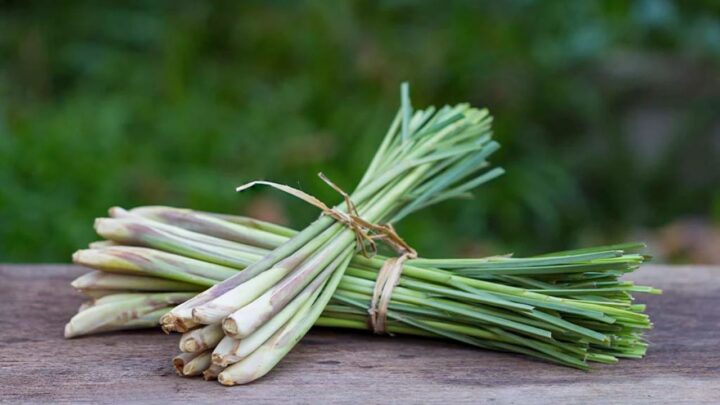Plants That Repel Mosquitoes : Tired of itchy mosquito bites and chemical repellents? These 10 powerful plants naturally keep mosquitoes away while adding beauty to your home or garden.

Why Natural Mosquito Repellent Plants Work Wonders
Plants that repel mosquitoes release strong natural scents that insects find unpleasant. Many of these contain essential oils like citronella, geraniol, or menthol—proven to drive mosquitoes away.
They’re not just for show! These plants:
- Act as a natural barrier against insects
- Help reduce the use of harmful sprays
- Are safe for kids, pets, and pollinators
- Make your space greener and more fragrant
Whether on your balcony, patio, or backyard, these mosquito-fighting plants are a simple, eco-friendly way to enjoy bite-free evenings.
Top 10 Plants That Instantly Repel Mosquitoes
- Lemongrass – Contains citronella, a powerful mosquito repellent. Thrives in pots or garden beds.

- Lavender – Its sweet scent repels mosquitoes and attracts bees and butterflies.
- Mint – Strong minty aroma keeps bugs away and doubles as a cooking herb.
- Basil – Especially lemon basil and cinnamon basil varieties are mosquito-resistant.
- Citronella – A popular ingredient in repellents, it’s highly effective when planted around seating areas.
- Marigold – Bright flowers with a pungent smell that deters many pests.
- Rosemary – Woody herb with a strong smell that mosquitoes dislike.

- Catnip – Even more effective than DEET in studies—just be ready for visiting cats!
- Sage – Burn dried sage leaves in a fire pit to ward off insects.
- Bee Balm – Attracts pollinators and repels mosquitoes with its unique fragrance.
Step-by-Step Guide to Using Plants for Mosquito Control
- Pick the Right Location
Place mosquito-repelling plants near doorways, windows, and outdoor seating areas. These spots are high-traffic for mosquitoes, so plant placement matters.
- Choose a Mix of Plants
Combine several types like citronella, basil, and marigold for a multi-scent defense. Diversity increases effectiveness and adds visual appeal.
- Use Pots for Flexibility
Growing plants in containers makes it easier to move them around. Perfect for balconies, patios, or shifting shade/sun conditions.
- Regular Pruning and Care
Keep plants healthy and aromatic by trimming dead leaves and watering regularly. A thriving plant emits stronger scents.
- Crush Leaves for Extra Power
To boost mosquito-repelling power, gently crush a few leaves to release oils. Rub on clothing (test first for allergies) or leave crushed leaves on tables.
- Supplement with Natural Sprays
For stronger protection, make a homemade spray using steeped mint, lavender, and rosemary. Combine with your plants for full coverage.
Extra Tips for a Mosquito-Free Home
- Eliminate standing water where mosquitoes breed
- Use citronella candles alongside plants for added effect
- Keep window screens clean and sealed
- Add indoor plants like basil or mint to windowsills
- Combine plants with fans—mosquitoes hate wind
FAQs
Can I use these plants indoors?
Yes! Many of these, like mint, basil, and lavender, thrive indoors near windows and help repel mosquitoes naturally.
Do these plants work as well as sprays?
While they’re gentler and safer, plants work best as a first defense. For heavy infestations, combine with natural sprays or nets.
Which plant repels mosquitoes the most?
Citronella and catnip are among the most effective. Studies show catnip can be more powerful than chemical repellents like DEET.
Do these plants need full sun?
Most do best in partial to full sun. If growing indoors, place them near a sunny window or use grow lights for support.
Adding mosquito-repelling plants to your home is a small change that brings big results. You’ll enjoy a peaceful, bite-free space that’s greener and more vibrant. Nature has its own defense system—use it to your advantage and make every evening outdoors enjoyable again!




